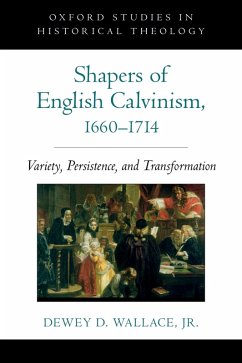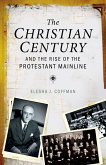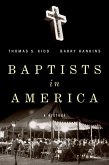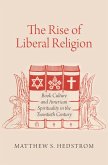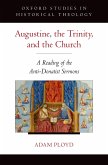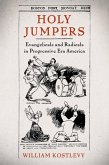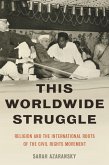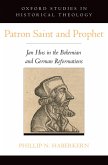Dewey Wallace tells the story of several prominent English Calvinist actors and thinkers in the first generations after the beginning of the Restoration. He seeks to overturn conventional clich?s about Calvinism: that it was anti-mystical, that it allowed no scope for the ''ancient theology'' that characterized much of Renaissance learning, that its piety was harshly predestinarian, that it was uninterested in natural theology, and that it had been purged from the established church by the end of the seventeenth century. In the midst of conflicts between Church and Dissent and the intellectual challenges of the dawning age of Enlightenment, Calvinist individuals and groups dealt with deism, anti-Trinitarianism, and scoffing atheism--usually understood as godlessness--by choosing different emphases in their defense and promotion of Calvinist piety and theology. Wallace shows that in each case, there was not only persistence in an earlier Calvinist trajectory, but also a transformation of the Calvinist heritage into a new mode of thinking and acting. The different paths taken illustrate the rich variety of English Calvinism in the period. This study presents description and analysis of the mystical Calvinism of Peter Sterry, the hermeticist Calvinism of Theophilus Gale, the evangelical Calvinism of Joseph Alleine and the circle that promoted his legacy, the natural theology of the moderate Calvinist Presbyterians Richard Baxter, William Bates, and John Howe, and the Church of England Calvinism of John Edwards.
Shapers of English Calvinism, 1660-1714 illuminates the religious and intellectual history of the era between the Reformation and modernity, offering fascinating insight into the development of Calvinism and also into English Puritanism as it transitioned into Dissent.
Dieser Download kann aus rechtlichen Gründen nur mit Rechnungsadresse in A, B, BG, CY, CZ, D, DK, EW, E, FIN, F, GR, HR, H, IRL, I, LT, L, LR, M, NL, PL, P, R, S, SLO, SK ausgeliefert werden.

